Trump negotiating with several countries over tariffs: White House
President Donald Trump is holding negotiations with some countries over the likelihood of exempting them from new US tariffs on steel and aluminum imports, according to the White House.
Trump is "working with a number of individual countries and negotiating on areas of national security where we can work together and there's some flexibility there," White House spokeswoman Sarah Sanders told reporters on Friday.
"We're continuing to have those conversations and will continue through ... the end of next week," she said.
On March 8, Trump signed paperwork enacting tariffs of 25 percent on steel and 10 percent on aluminum. The tariffs, however, will not go into effect until March 23.
The administration has not elaborated on how it will determine which countries will get relief from the measures.
The president exempted Canada and Mexico and the White House has said that other countries could also seek exemptions.
Trump asserted that he was defending America’s national security by placing tariffs on imports of steel and aluminum.
Japan and the European Union (EU) have called on the US to grant them exemptions, saying that their exports were not a threat to US national security.
The European Commission has said it would impose duties of 25 percent on some US products if the US fails to exempt the EU.
In addition, the World Trade Organization (WTO) director-general has warned Trump against the hefty tariffs, saying it could cause a deep global recession.
Trump, who came to office with a promise to shield American workers from imports, is facing resistance from politicians in his own party.
He is now considering sweeping tariffs on imports from China and plans to announce his decision as early as next week.
According to the White House, the tariffs could target a wide variety of consumer goods, from clothing to electronics, and even imported parts for products made in the US.
The Chamber of Commerce has warned that annual tariffs of as much as $60 billion on Chinese goods would be "devastating."
In Beijing, Chinese Foreign Ministry spokesman Lu Kang said if the United States takes actions that harm China’s interests, China will have to take measures to firmly protect its legitimate rights.
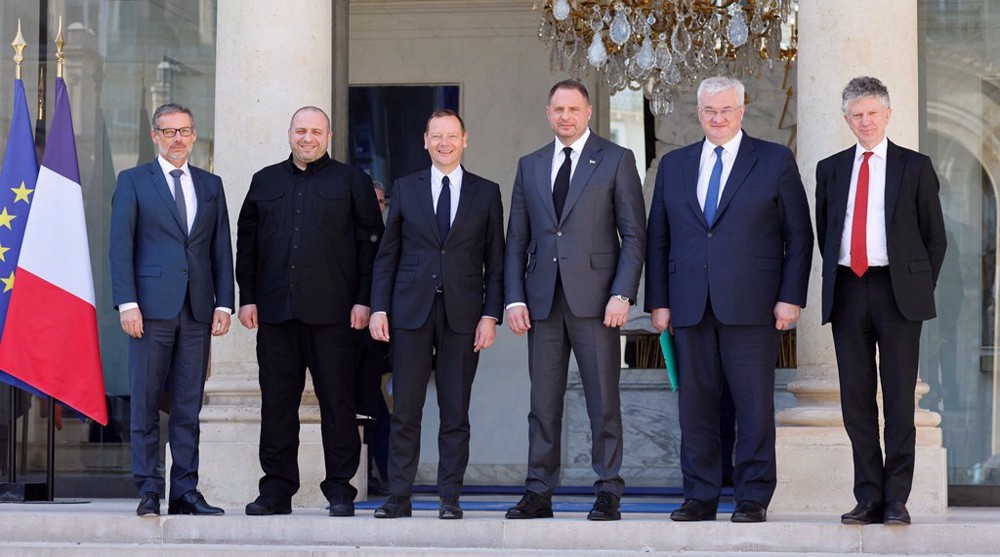
Russia: Europe trying to ‘derail’ talks with US, continue war
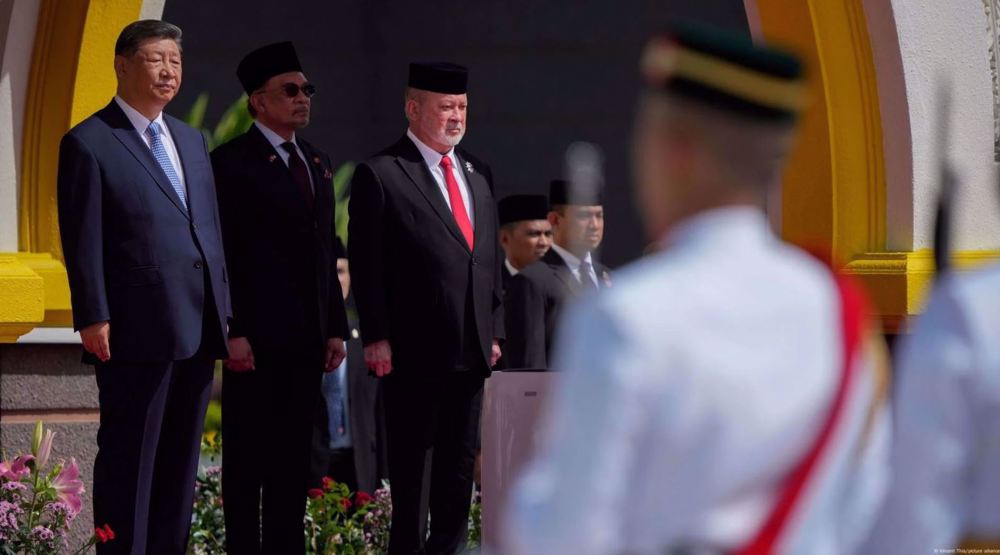
China says stands with Malaysia, region in face of unilateralism
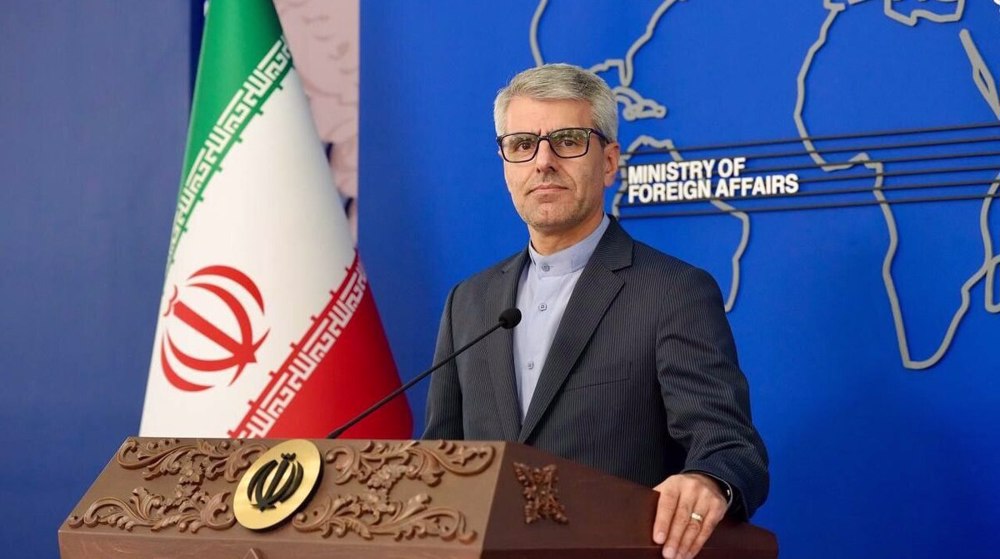
Iran warns ‘moving the goalposts’ could derail Tehran-Washington talks
US airstrikes on Yemen's Ras Isa oil port kill 33 people
VIDEO | Failed US policy reinstated
Nine US military planes deliver bunker-busting bombs to Israel: Israeli media
Iranian FM submits Leader’s written message to President Putin
Israeli minister: Troops to remain in Gaza, Lebanon, Syria ‘indefinitely’
Iran takes four countries to World Court over 2020 downed jet
Advocacy group files war crimes case in US against Israeli soldier
Israel secures 6-month delay in Gaza genocide case at ICJ


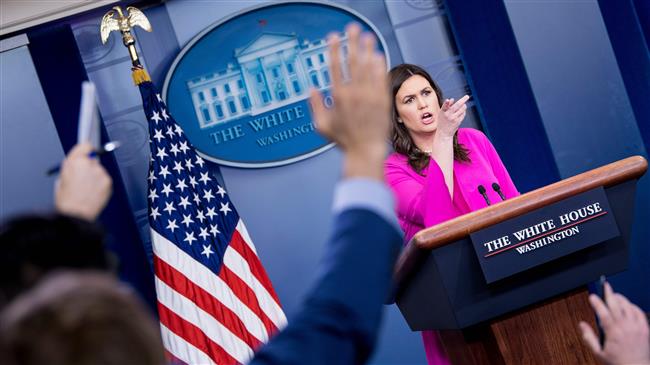




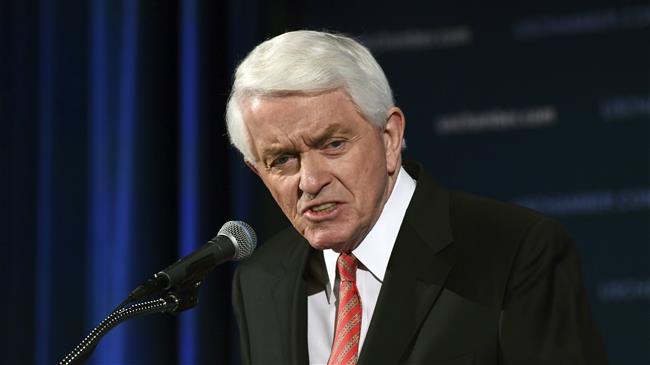
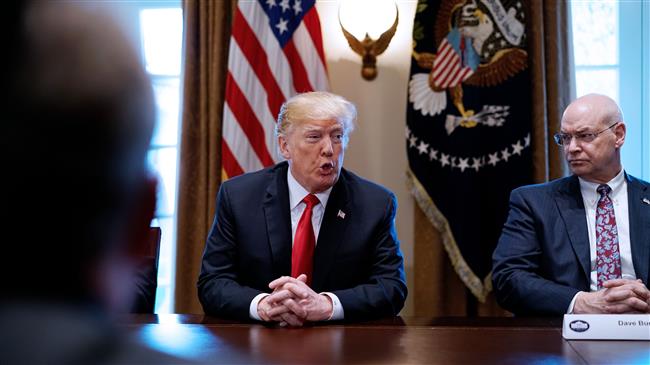
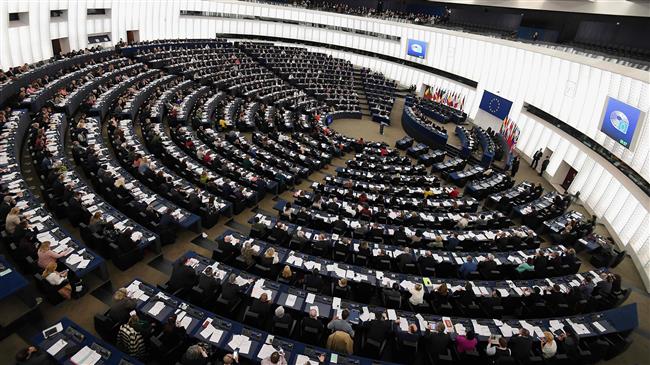
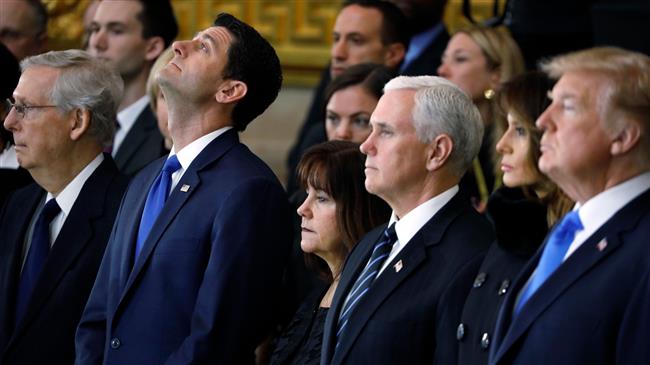

 This makes it easy to access the Press TV website
This makes it easy to access the Press TV website